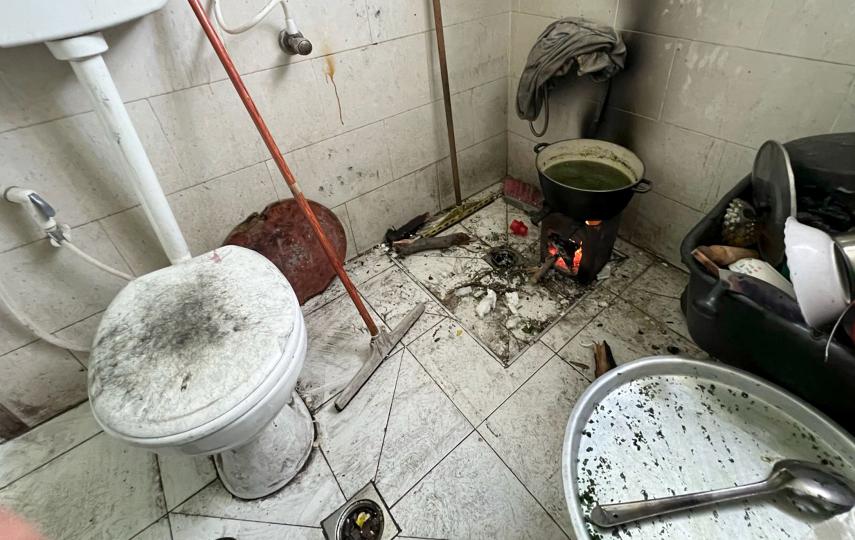At least three people were killed when chlorine gas being used at a water treatment plant in Nigeria's southeastern Cross River state escaped into nearby homes, residents and state officials said.
New Netim, a small community in the Odukpani district of the state, adjoining the water treatment plant belonging to the Cross River State Water Board, was enveloped by clouds of chlorine gas on 5 July, leading to the death of three people, said resident Ufot James.
“The dead included a woman and two men while several others were hospitalised,” James said.
Uma Echeghe, an official of the water board, said the gas escaped from one of 24 chlorine cylinders being used to treat water at the water-pumping station following a sudden power failure. But the official said only one death had been reported to the water board.
“We have apologised to the community and intend to pay compensation to affected people,” Echeghe said.
Concern about the safety of chlorine used in the treatment of water in the state was first raised in the capital, Calabar, in May when a similar gas escape affected residential areas in the Ikon Inok and Ediba districts of the city but claimed no fatalities.
Following the May incident, Echeghe said that authorities started chlorinating water at the plant at New Netim, which is not as heavily populated as Calabar city. He added that new safety measures are being put in place to prevent similar accidents in the future.
dm/nr
This article was produced by IRIN News while it was part of the United Nations Office for the Coordination of Humanitarian Affairs. Please send queries on copyright or liability to the UN. For more information: https://shop.un.org/rights-permissions




